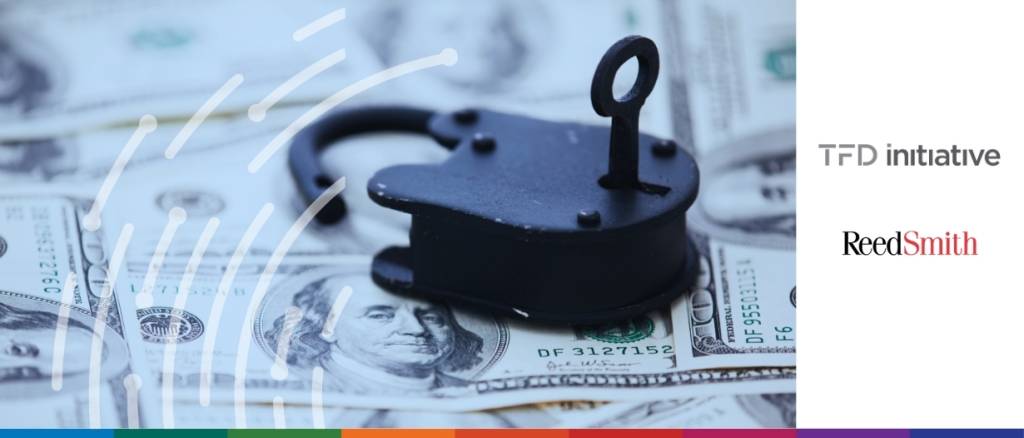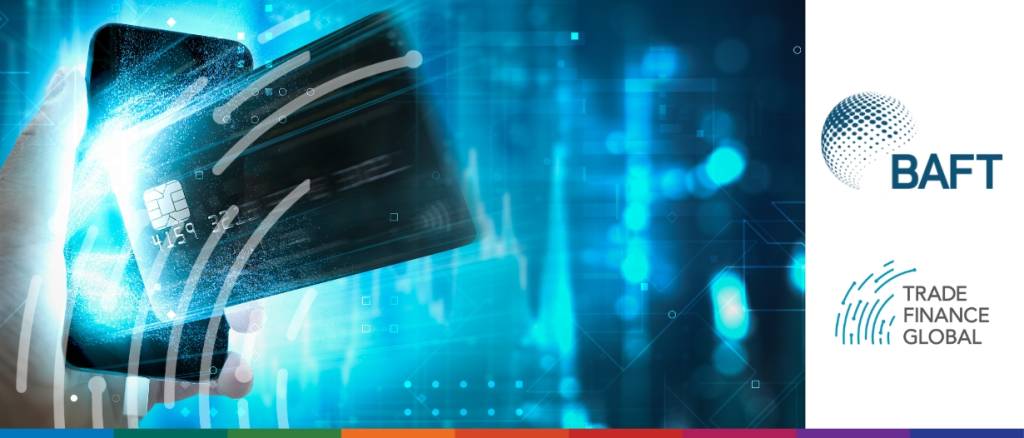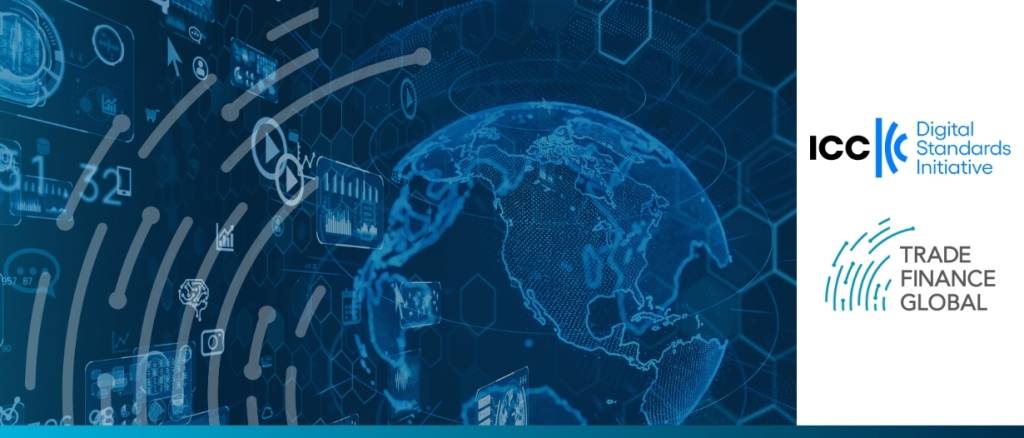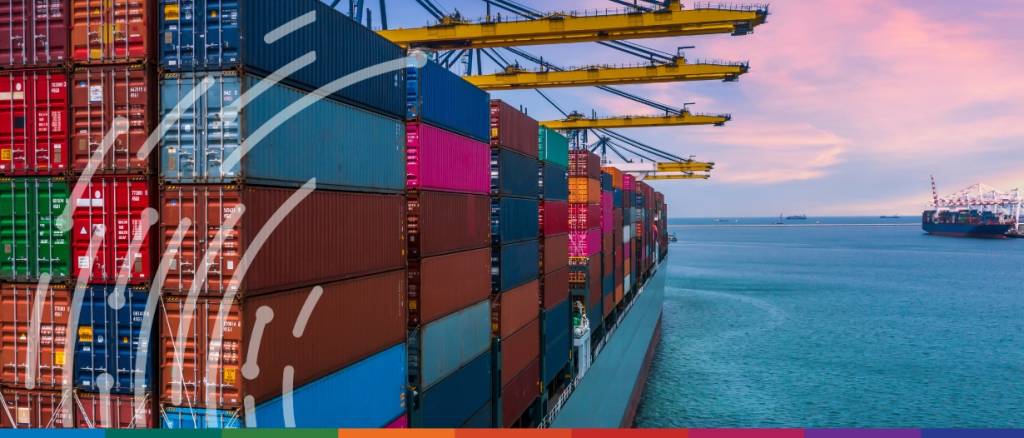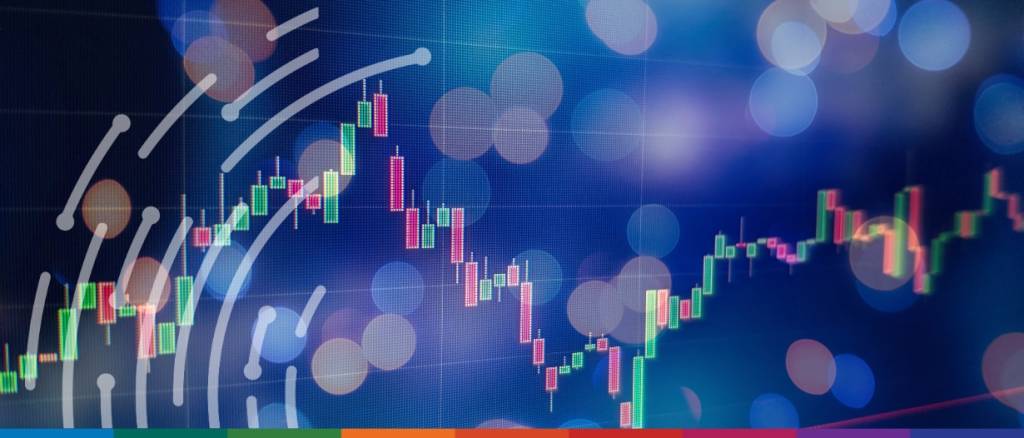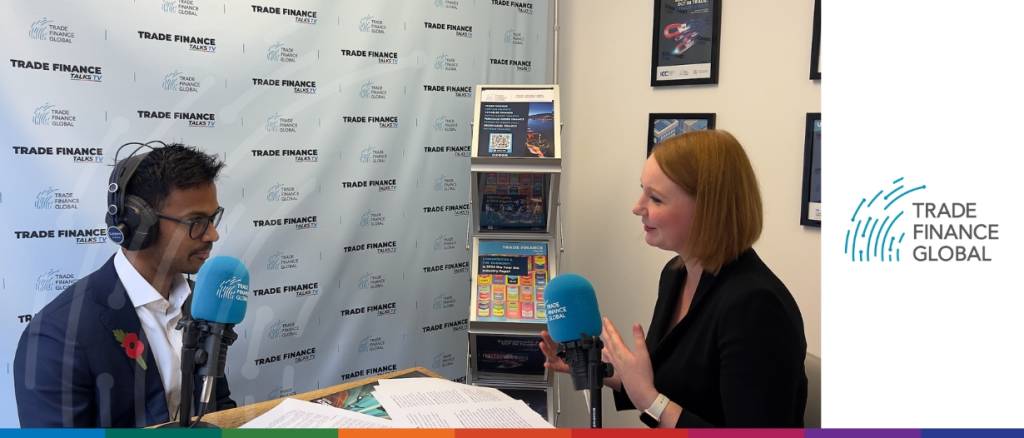The credit specialties space, at the “nexus of trade, investment, and finance,” has great potential for social transformation.
Listen to this podcast on Spotify, Apple Podcasts, Podbean, Podtail, ListenNotes, TuneIn At the 2024 Trade Finance Investor Day (TFDI) conference in London, TFG’s editor Deepesh Patel spoke with Nick Stainthorpe, Partner at Reed Smith, on… read more →
The conversation surrounding real-time payment systems is evolving quickly, and nowhere is this more evident than in the dynamic between RTP (Real-Time Payments) and FedNow, two significant players within American… read more →
Read the monthly TFG and ICC DSI column! Hear from leading experts in trade digitalisation and keep up with all the breaking trends.
At the 2024 Trade Finance Investor Day conference in London, Deepesh Patel, Editorial Director at Trade Finance Global (TFG), sat down with Richard Wulff, Executive Director of the International Credit… read more →
Listen to this podcast on Spotify, Apple Podcasts, Podbean, Podtail, ListenNotes, TuneIn The Mesopotamians were factoring in 1700 BC. But they didn’t have to contend with changing regulation, increased cybercrime, and geopolitical challenges – all which… read more →
Nowadays, we take shipping and container shipping’s rich history and significance in global trade for granted. The most counterintuitive learning for me at Global Shipping Business Network (GSBN) was that… read more →
Listen to this podcast on Spotify, Apple Podcasts, Podbean, Podtail, ListenNotes, TuneIn Big data, small data, metadata – you’ve heard it all. From your workout to your wine fridge, massive amounts of information are being collected… read more →
COP29 has earned the nickname “finance COP” for its discussion on regulations, investment, and ways to finance the green transition, especially for small and medium-sized enterprises (SMEs) and developing countries. … read more →
Listen to this podcast on Spotify, Apple Podcasts, Podbean, Podtail, ListenNotes, TuneIn Treasury is not what it used to be, and that’s all thanks to a convergence of new technologies, changing values, and the push for… read more →
















